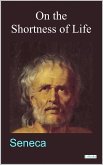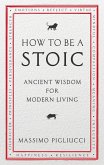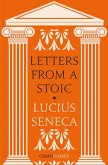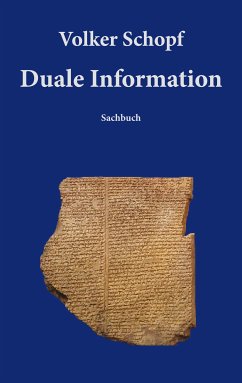Letters from a Stoic is a profound reflection on resilience, virtue, and the pursuit of wisdom within the framework of Stoic philosophy. Lucius Annaeus Seneca offers insights into the nature of adversity, self-discipline, and the importance of rational thought in navigating life's uncertainties. Through a series of letters addressed to his friend Lucilius, Seneca explores themes of ethical living, personal integrity, and the role of philosophy as a guide to inner tranquility. His writings serve as both a philosophical discourse and a practical manual for achieving a life of purpose and equanimity. Since its compilation, Letters from a Stoic has been regarded as a cornerstone of Stoic thought, influencing generations of readers seeking guidance on resilience and moral clarity. Its exploration of universal concerns-such as the fleeting nature of wealth, the cultivation of self-mastery, and the acceptance of fate - continues to resonate with modern audiences. Seneca's reflections provide a timeless roadmap for those striving to navigate life's challenges with wisdom and fortitude. The enduring relevance of the work lies in its ability to offer practical philosophy applicable to daily existence. By examining the intersection of reason and emotion, personal ambition and ethical duty, Letters from a Stoic encourages readers to cultivate a mindset of inner strength and philosophical detachment, fostering a deeper understanding of themselves and the world around them.
Dieser Download kann aus rechtlichen Gründen nur mit Rechnungsadresse in A, B, BG, CY, CZ, D, DK, EW, E, FIN, F, GR, H, IRL, I, LT, L, LR, M, NL, PL, P, R, S, SLO, SK ausgeliefert werden.









